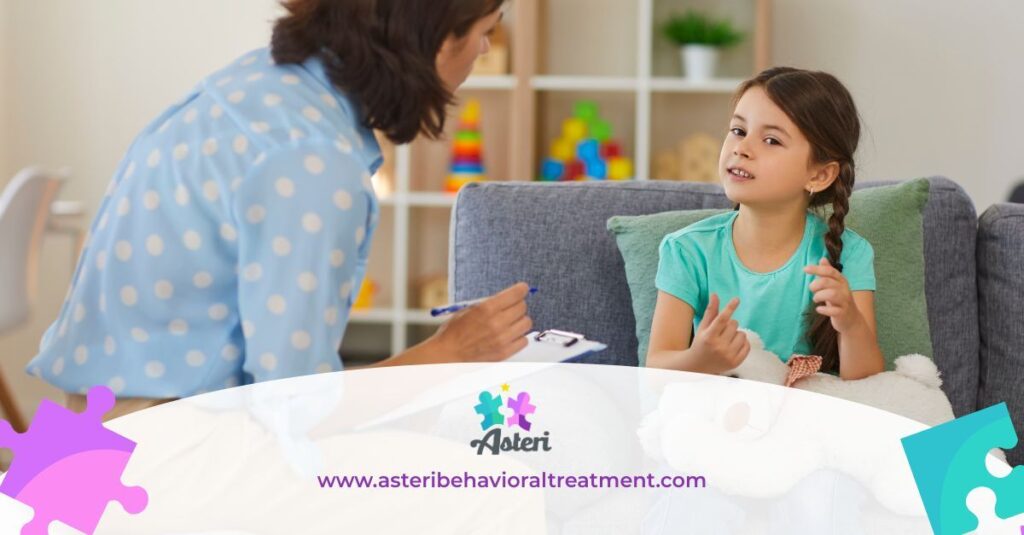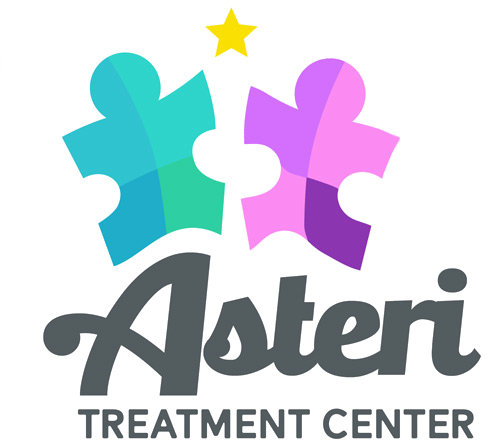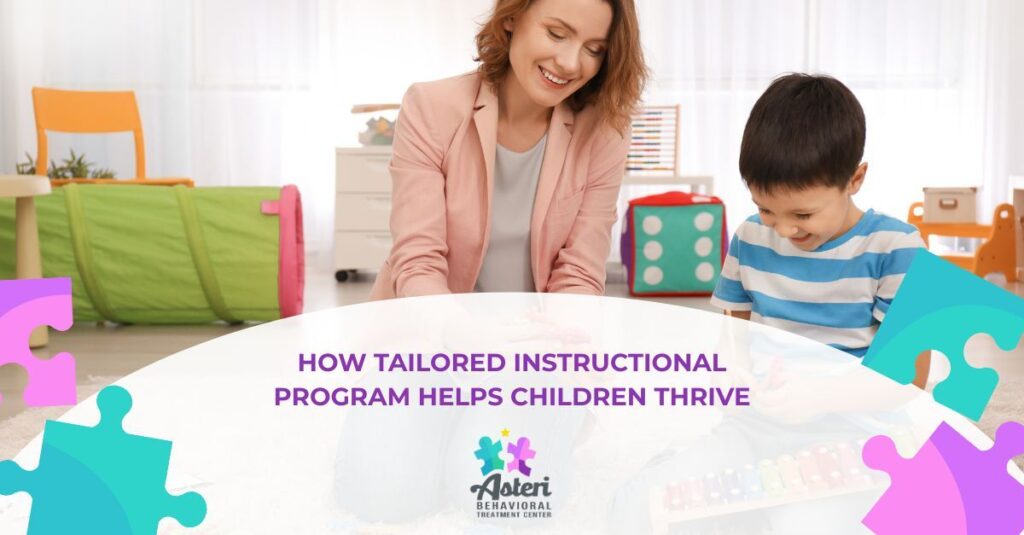Applied Behavior Analysis (ABA) therapy has transformed countless lives, but it’s true power emerges when a tailored instructional program is created to each child’s unique needs and environments. Rather than applying generic approaches, effective ABA therapy recognizes that children learn differently across various settings—from the classroom to the family dinner table.
When ABA instruction adapts to a child’s specific challenges, strengths, and daily environments, it creates meaningful changes that extend far beyond therapy sessions. This personalized approach ensures that skills learned during structured therapy translate into real-world success, helping children build confidence and independence wherever they go.
The key lies in understanding that no two children are identical. Each brings their own learning style, family dynamics, and environmental factors that influence their progress. By acknowledging these differences and crafting instruction accordingly, ABA therapy becomes a powerful tool for lasting behavioral change and skill development.
Understanding Tailored Instructional Programs
Tailored instructional programs goes beyond standard therapeutic techniques by customizing every aspect of treatment to match a child’s individual profile. This approach considers the child’s current skill level, preferred learning methods, specific challenges, and the environments where they spend their time.
The process begins with comprehensive assessments that examine how a child responds to different teaching methods, what motivates them, and which settings present the greatest challenges. Therapists analyze these findings to create instruction that speaks directly to the child’s needs rather than following a predetermined template.
This individualized approach recognizes that effective learning happens when instruction aligns with a child’s natural tendencies and environmental realities. A child who struggles with transitions might need specific strategies for moving between activities, while another child might require intensive support for social interactions during recess.
Building Skills Across Multiple Environments
School Environment Success
ABA therapy in school settings focuses on helping children navigate academic demands, social interactions, and classroom routines. Tailored instructional programs addresses specific school-related challenges such as following multi-step directions, participating appropriately in group activities, and managing classroom transitions.
Therapists work closely with teachers and school staff to ensure that behavioral strategies align with classroom expectations. This collaboration creates consistency between therapy goals and academic requirements, making it easier for children to apply learned skills during their school day.
The approach also considers the unique social dynamics of school environments. Children learn to interpret social cues from peers, follow playground rules, and participate in group projects—skills that require careful instruction and practice to master.
Home-Based Learning and Family Integration
Home environments present different opportunities and challenges than clinical or school settings. Tailored instructional programs at home focuses on daily living skills, family routines, and creating positive interactions with siblings and parents.
Family members play a crucial role in this process, learning specific techniques to support their child’s progress during everyday activities. Parents discover how to turn routine moments—like mealtime or bedtime—into learning opportunities that reinforce therapy goals.
This home-based approach also addresses challenging behaviors that commonly occur in family settings, such as meltdowns during transitions or difficulties with household routines. By working within the family’s natural environment, therapists can address these issues more effectively and teach sustainable coping strategies.
Community and Social Integration
Tailored instructional programs extends into community settings, helping children develop skills for grocery stores, restaurants, playgrounds, and other public spaces. These real-world applications ensure that children can participate fully in community life alongside their families.
Social skills development becomes particularly important in community settings, where children encounter diverse groups of people and varying social expectations. Tailored instruction helps children learn appropriate social behaviors for different contexts, from quiet library behavior to energetic playground interactions.
The Asteri Approach: Individualized Excellence
At Asteri, we believe a Tailored Instructional Program should be exactly that: something that is tailored to the child as well as their family. Our trained experts draw upon their experience when designing an instructional program for your child. However, there is no “cookie-cutter” or “one size fits all” treatment here. Instead, our treatments are made specifically for your child and your child alone.
This philosophy drives every aspect of our therapeutic approach, from initial assessments through ongoing treatment adjustments. Our team recognizes that effective ABA therapy must adapt to each family’s unique circumstances, cultural background, and specific goals.
We work collaboratively with families to identify priorities and create treatment plans that fit seamlessly into their daily lives. This partnership approach ensures that therapy feels natural and sustainable rather than disruptive or overwhelming.
Long-term Benefits of Personalized ABA Therapy
Enhanced Behavioral Generalization
One of the most significant advantages of a tailored instructional program is improved behavioral generalization—the ability to apply learned skills across different settings and situations. When instruction is specifically designed for a child’s various environments, they develop more flexible and adaptable responses.
Children who receive tailored instructional programs are better equipped to transfer skills from therapy sessions to real-world situations. They learn to recognize when and how to apply specific strategies, leading to more consistent behavioral improvements across all areas of their lives.
Increased Independence and Confidence
Tailored instructional programs builds independence by teaching skills that directly impact a child’s daily life. Rather than focusing solely on therapy room behaviors, this approach addresses practical skills that children need for school success, family participation, and community involvement.
As children master these relevant skills, their confidence grows. They experience success in meaningful contexts, which motivates continued learning and risk-taking. This positive cycle of achievement and confidence-building creates lasting behavioral changes.
Family Empowerment and Support
When ABA instruction is tailored to family needs and environments, parents and siblings become active participants in the therapeutic process. Families learn specific strategies they can implement consistently, creating a supportive environment that reinforces therapeutic goals.
This family involvement leads to more sustainable outcomes and stronger family relationships. Parents gain confidence in their ability to support their child’s development, while siblings learn appropriate ways to interact and play together.

Choosing Quality ABA Therapy Services
Selecting the right ABA therapy provider requires careful consideration of their approach to individualization. Look for programs that emphasize comprehensive assessments, family involvement, and treatment across multiple environments.
Quality providers will take time to understand your child’s specific needs and your family’s goals before developing a treatment plan. They should also demonstrate flexibility in adapting their approaches based on your child’s progress and changing needs.
Additionally, effective ABA therapy services maintain regular communication with families and other professionals involved in a child’s care. This collaborative approach ensures that everyone working with your child understands the treatment goals and can support progress consistently.
Creating Lasting Change Through Personalized Care
Tailored instructional programs represents the gold standard in behavioral therapy because it recognizes the complexity and individuality of each child’s needs. When therapy is carefully customized to address specific challenges and environments, children develop skills that truly enhance their daily lives.
The benefits extend far beyond immediate behavioral improvements. Children who receive tailored ABA instruction develop the confidence, independence, and social skills necessary for long-term success in school, family relationships, and community participation.
If you’re considering ABA therapy for your child, seek providers who prioritize individualized approaches and demonstrate expertise in working across multiple environments. The investment in truly tailored instructional programs pays dividends through lasting behavioral changes and improved quality of life for the entire family.

